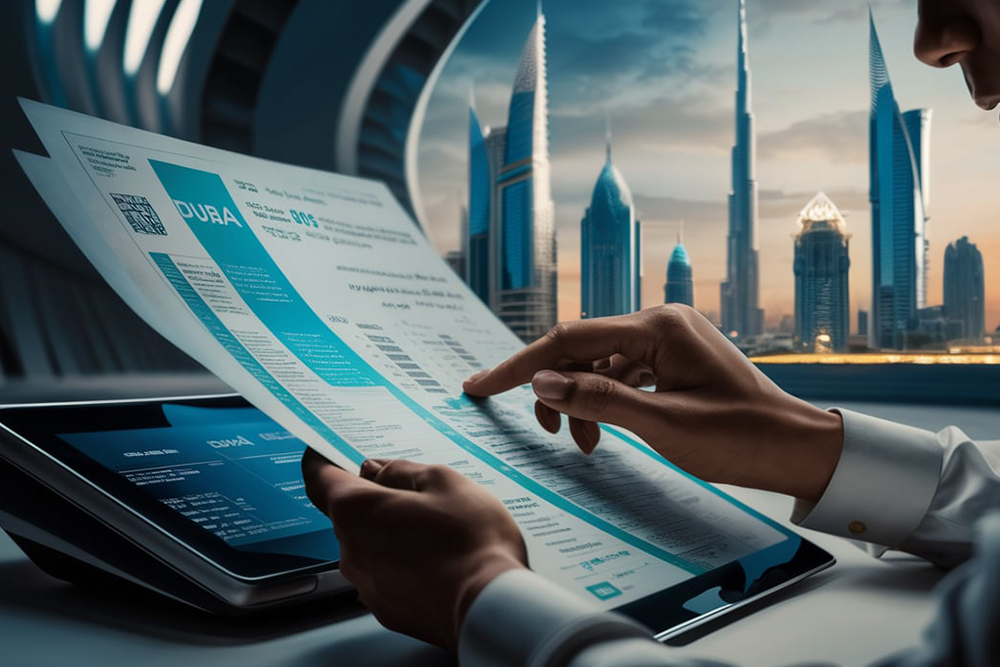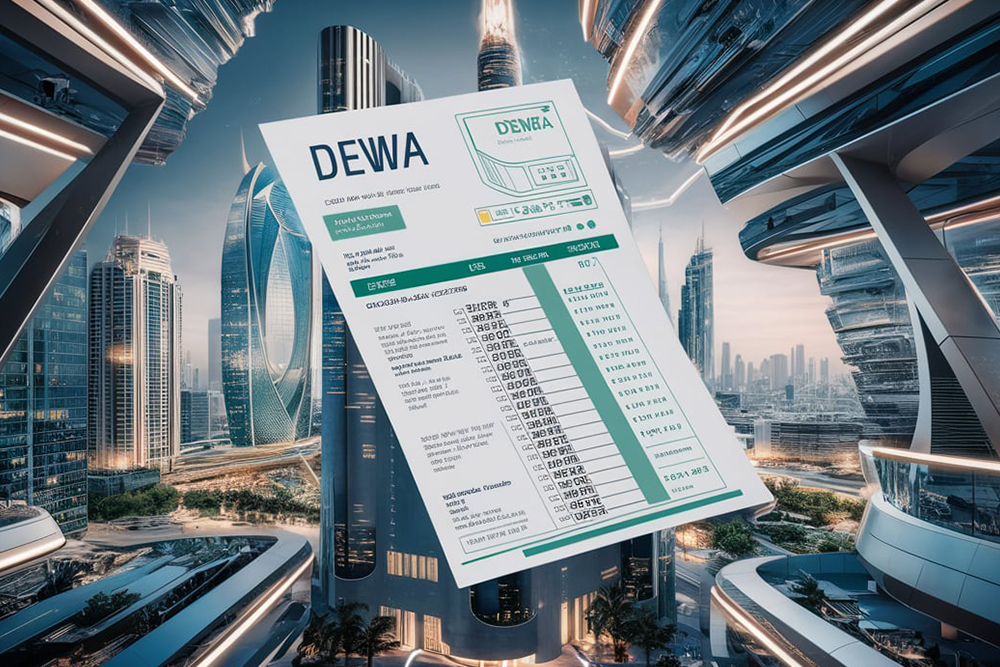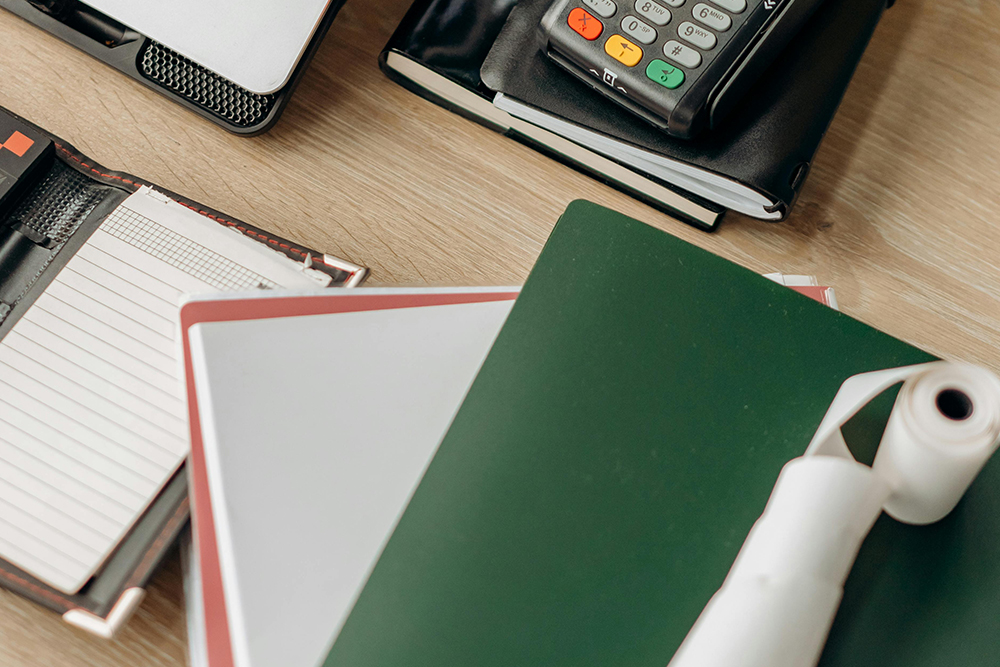Every month, you receive a utility bill which includes various charges. Similarly, you will receive DEWA bills for water and electricity consumption. To understand your DEWA bill, you need to go through six pages.
Whether you are a new resident in Dubai or someone looking to gain better control over your utility expenses, this guide will provide you with the knowledge and tools needed to understand DEWA bill.
Let’s begin!
Your DEWA Bill – What Is Included?
Every month, DEWA sends out a Green Bill via email to each resident with a DEWA account. The Green Bill was introduced as DEWA’s shift towards sustainability. It has six pages and includes your account details, water and energy consumption, other services, Nakheel and additional charges.
Want to learn more about DEWA? Here’s a list of frequently asked questions about DEWA.
Bill Summary and Account Details
The first page of the DEWA bill includes the account details, bill summary and invoice information. The first page of the DEWA bill consists of the following details from top to bottom.
- Invoice, Issue Date, Month, Period and DEWA VAT number.
- Account number and Account type.
- Business Partner, Premise Number, Premise Type, P.O Box, Collective Account number and Customer VAT number.
- Bill Summary on the right includes DEWA, Dubai Municipality and Nakheel fees for district cooling.
- Additional Charges, total due amount and current month VAT.
It’s essential to pay attention to the first page, as it includes the most crucial information about the bill. The first page includes the total charges for each service and the total amount of all services combined.

Electricity Bill
The second page includes the electricity bill. The electricity bill includes the monthly electricity consumption, rates and total amount. DEWA charges the following electricity tariffs:
- 0-2000 kWh = 23 fils
- 2001-4000 kWh = 28 fils
- 4001-6000 kWh = 32 fils
- 6001 kWh & above = 38 fils
These tariffs are for Dubai’s residential and commercial sectors. Different tariffs are enforced on the industrial sector. Worried about electricity bills? Take a look at how to check electricity bills in the UAE.
Water Bill
Page 3 of the DEWA bill includes the water consumption and the rates as well as the total amount. Similar to the electricity bill, the water bill also consists of the fuel surcharge, meter service charges, subtotal, VAT and total wading VAT.
DEWA applies the following water tariffs on residential properties.
- 0-6000 IG = 3.5 fils
- 6001-12000 IG = 4.0 fils
- 12001 IG and above = 4.6 fils
Other Services
The fourth page is for the payment of additional services such as reconnection and meter testing.
Nakheel Service Charges
The fifth page includes the Nakheel service charges for residents who have district cooling. If a resident has district cooling in their place of residence, then Nakheel Service charges would apply.
Additional Charges
This page features charges for adjustments made during the current period and extra charges for knowledge and innovation fees.

Payment
You can pay DEWA bill using different methods. Payment can be made either directly or via EasyPay, both of which are available on DEWA’s website. DEWA has a smart app that lets users conduct payments through their smartphones. Also, you can pay DEWA bill via WhatsApp.

FAQs
To create a DEWA account, you need to visit the mobile app or website and submit the documents, such as Emirates ID, tenancy contract or title deed.
Yes! DEWA bills are payable online. To make the payment process as convenient as possible, users are allowed many payment options, such as DEWA mobile app, website or online banking.
Remember, informed decisions lead to smarter energy use and greater financial savings. That’s why you should understand your DEWA bill to reduce consumption. If you buy or rent a property in Dubai, make sure you understand the DEWA bill.
Meanwhile, Abu Dhabi residents may also prefer to know more about the Abu Dhabi Water and Electricity Authority. Also, you can learn about the Green Bill in Abu Dhabi – which is a step towards greener and sustainable environment and paperless transactions.